Education, health outlays see slight rise
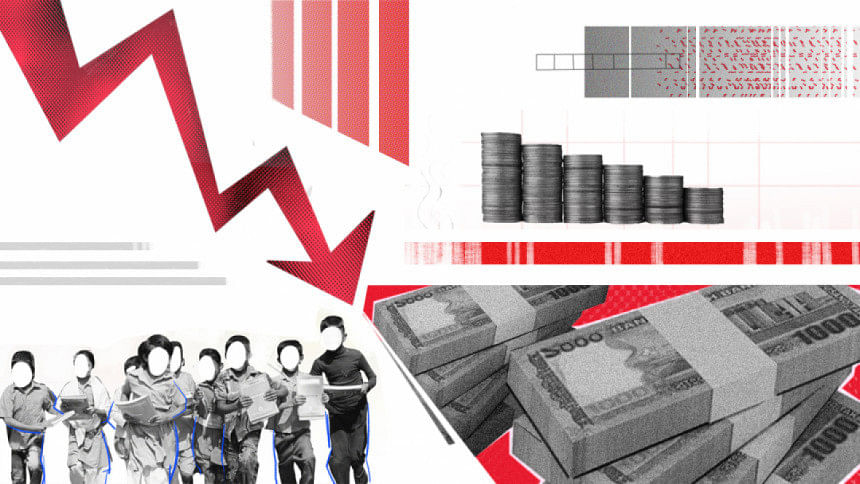
Despite pledging special attention to education and health, the government has proposed only slight increases in allocations for both sectors in the national budget for fiscal year (FY) 2025–26.
While presenting the budget yesterday, Finance Adviser Dr Salehuddin Ahmed said the government was prioritising people over physical infrastructure.
Yet, education and health — two key social sectors — saw only marginal budget hikes, leaving both educators and public health experts frustrated.
Speaking on the proposed budget, educationists expressed disappointment not just over the low allocation but also over the lack of strategic planning for execution.
Meanwhile, health experts called for fully utilising the funds, citing the health ministry's consistently poor record in spending its allocated budget.
In the FY26 budget, Salehuddin announced some tax relief on the import of pharmaceutical raw materials and medical equipment. Public health specialists believe this could eventually lead to reduced medicine prices.
"We have prioritised people over traditional infrastructure in this year's budget," said Salehuddin. "Special emphasis has been laid on education, health, good governance, civic facilities, and employment."
EDUCATION
For FY 2025–26, the adviser proposed Tk 95,644 crore for the Ministry of Education's two divisions and the Ministry of Primary and Mass Education.
This amounts to 12.1 percent of the total budget — which is only 0.23 percentage points higher than FY25 — and just 1.72 percent of the gross domestic product (GDP). The figure falls well below the Unesco recommendation of allocating 4 to 6 percent of the GDP, or 15 to 20 percent of the national budget, to education.
In the next fiscal year, the Primary and Mass Education Ministry will receive Tk 35,403 crore, down from Tk 38,819 crore in the current fiscal year.
The Secondary and Higher Education Division will see a slight increase, with Tk 47,563 crore allocated in FY26 compared to Tk 44,108 crore in FY25.
The Technical and Madrasa Education Division's allocation has also risen slightly, from Tk 11,783 crore to Tk 12,678 crore.
In the budget speech, Salehuddin said steps would be taken to raise enrolment in technical education from the current 19 percent. For madrasa students, Tk 728 crore has been proposed in stipends.
A new school feeding programme is set to launch in 150 upazilas with a proposed budget of Tk 2,164 crore.
Rasheda K Choudhury, executive director of Campaign for Popular Education (CAMPE) and a former adviser to the caretaker government, said, "The interim government is caught in a tangle, overwhelmed by challenges."
"While there seems to be political will, the government lacks a roadmap. It is difficult to see how this will translate into results," she added.
Prof Manzoor Ahmed, professor emeritus at BRAC University, echoed similar concerns.
Referring to a government-formed committee on primary education he led, Prof Manzoor said, "We have seen no real effort to reform education under the interim government."
"None of our submitted recommendations have been implemented in the last four months."
"This year's budget offers little more than a symbolic increase. The education sector has remained stagnant for far too long. This budget offers no real way out," he said.
"I must say we are deeply disappointed. Meaningful work must begin well in advance, and a national budget should reflect that. In this case, we are seeing neither preparatory work nor serious budgetary commitment," he added.
HEALTH
The adviser proposed Tk 41,908 crore for the health ministry's two divisions, which is a mere Tk 500 crore or 0.1 percent more than the current year's allocation.
Health will receive 5.3 percent of the total budget, ranking seventh among all sectors, and falling well short of the recommendations made by the Health Sector Reform Commission.
The commission, which submitted its report last month, had called for allocating 15 percent of the national budget or 5 percent of GDP to health.
But health experts say the more pressing issue is implementation. The ministry's dismal performance in utilising past allocations continues to delay progress.
As of April, the Medical Education and Family Welfare Division had spent just 2.34 percent of its revised Annual Development Programme (ADP) allocation of Tk 2,283.16 crore — the lowest among all ministries and divisions.
The Health Services Division did only slightly better, using 14.9 percent of its Tk 5,673.51 crore allocation. That figure places it fifth from the bottom and well below the national average of 41.31 percent.
Syed Abdul Hamid, professor at the Institute of Health Economics at Dhaka University, said full implementation of the allocated budget should be the top priority.
"The authorities must identify the causes behind under-utilisation and take action from day one to ensure every taka is spent," he told The Daily Star yesterday. "Not a single taka should be slashed in the name of a revised budget."
Apart from the budgetary allocation, the finance adviser proposed tax exemptions on import of 79 raw materials and medical equipment to ease pressure on drug manufacturers and make treatments more affordable.
This includes waivers on import duties for 23 new cancer drug ingredients, 36 for chronic disease medications such as those for diabetes, and 20 types of medical equipment. Currently, around 200 such items are already exempt.
To promote better healthcare, duty reductions on machinery imports will be extended to all hospitals with more than 50 beds, which was limited to just referral hospitals.
To bring all citizens under universal health coverage by 2030, the adviser said the budget focuses on expanding services, developing infrastructure, and recruiting skilled professionals.
He also proposed Tk 4,166 crore to provide free medical services for the poor and Tk 1,000 crore for the Expanded Programme on Immunisation.

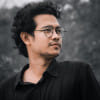
 For all latest news, follow The Daily Star's Google News channel.
For all latest news, follow The Daily Star's Google News channel. 

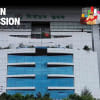

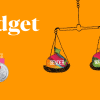

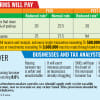

Comments